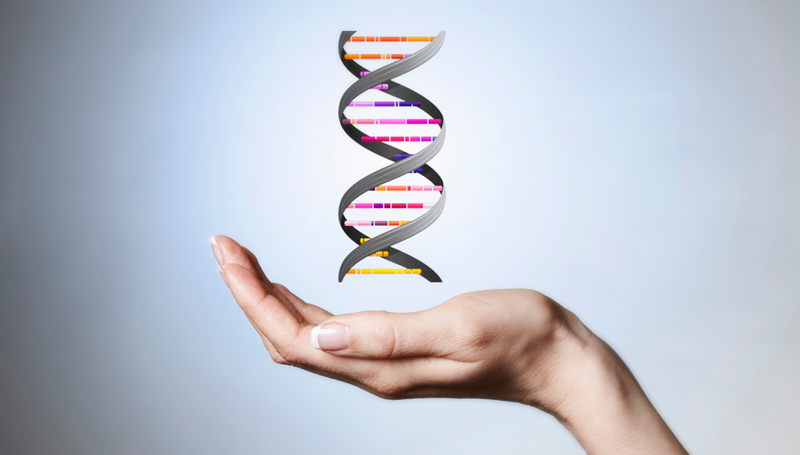Is Gum Disease Hereditary?

Research indicates periodontal disease can run in families and genetic markers can now be identified.
If you’ve followed excellent oral hygiene at home and maintained regular dental visits but still have serious gum (periodontal) disease, you may have a hereditary tendency toward it.
“Research has indicated that some people may be genetically susceptible to gum disease,” says the American Academy of Periodontology (AAP). Studies have found, for instance, that gum disease can be more severe in people whose cells produce a cytokine (interleukin-1) that causes inflammation, which is a genetic factor.
Evidence indicates that nearly one-third of Americans are predisposed to hereditary gum disease.
Among them “it is clear that periodontitis (advanced gum disease) severely affects a high-risk group representing around 10 percent to 15 percent of the population, in whom the disease quickly progresses from chronic gingivitis to destructive periodontitis,” one study says. “This differential risk for periodontitis is consistent with heritable elements of susceptibility.”
Close to half of Americans over age 30 have gum disease, according to the Centers for Disease Control and Prevention (CDC). Among those with it, the disease ranges from mild to severe. Most people in a CDC survey fall into the moderate range. In people age 65 and older, the disease prevalence increases to 70 percent.
Gum disease is caused by microorganisms – primarily bacteria – that generate chronic inflammation. As the disease progresses, it can loosen your gums from the teeth and create deep pockets of bacteria. If left untreated, it will cause your gums to recede, then begin to dissolve the bone that supports your teeth.
Most of the time, gum disease develops when you don’t brush or floss regularly, allowing the sticky bacterial film called plaque to build up on and around the teeth. The biggest risk factor by far is smoking, but there are many.
A groundbreaking study found that children of parents with periodontitis are 12 times more likely to have the bacteria associated with the progression of gum disease.
Through recent leaps in testing technology, hereditary (genetic) susceptibility toward developing severe gum disease can be detected.
One way is a simple blood test that can indicate the likelihood of your developing severe gum disease down the road even if your gums appear perfectly healthy now.
Even newer are saliva tests, which are easier on you if you get queasy over a finger prick or are afraid of needles. Like blood tests, saliva tests can also assess whether you are likely to develop severe gum disease in the future.
This means that you and your dentist may be able to get a jump on disease development through better oral hygiene, more frequent visits and, perhaps, antimicrobial rinses when the time is right.
Saliva tests will also likely influence the way you are treated so the symptoms of the disease can be suppressed. Many dentists are now advising patients to have these commercially available tests done if there is a family history of gum disease.
It’s expected that gum disease diagnosis and follow-up care will “greatly advance in the near future via the discovery of disease-specific salivary biomarkers,” according to a review of the current evidence.
Prototype electrochemical devices, including a new oral fluid test developed at UCLA may soon provide “accurate and real-time assessments of periodontal diseases for the general public either at home or at the dental office,” the review adds.
Meanwhile, it would be prudent to learn all you can about the history of gum disease in your family and whether there has been a generational pattern. You may need a periodontal evaluation based on the judgment of your dentist.
Updated:
April 08, 2020
Reviewed By:
Christopher Nystuen, MD, MBA